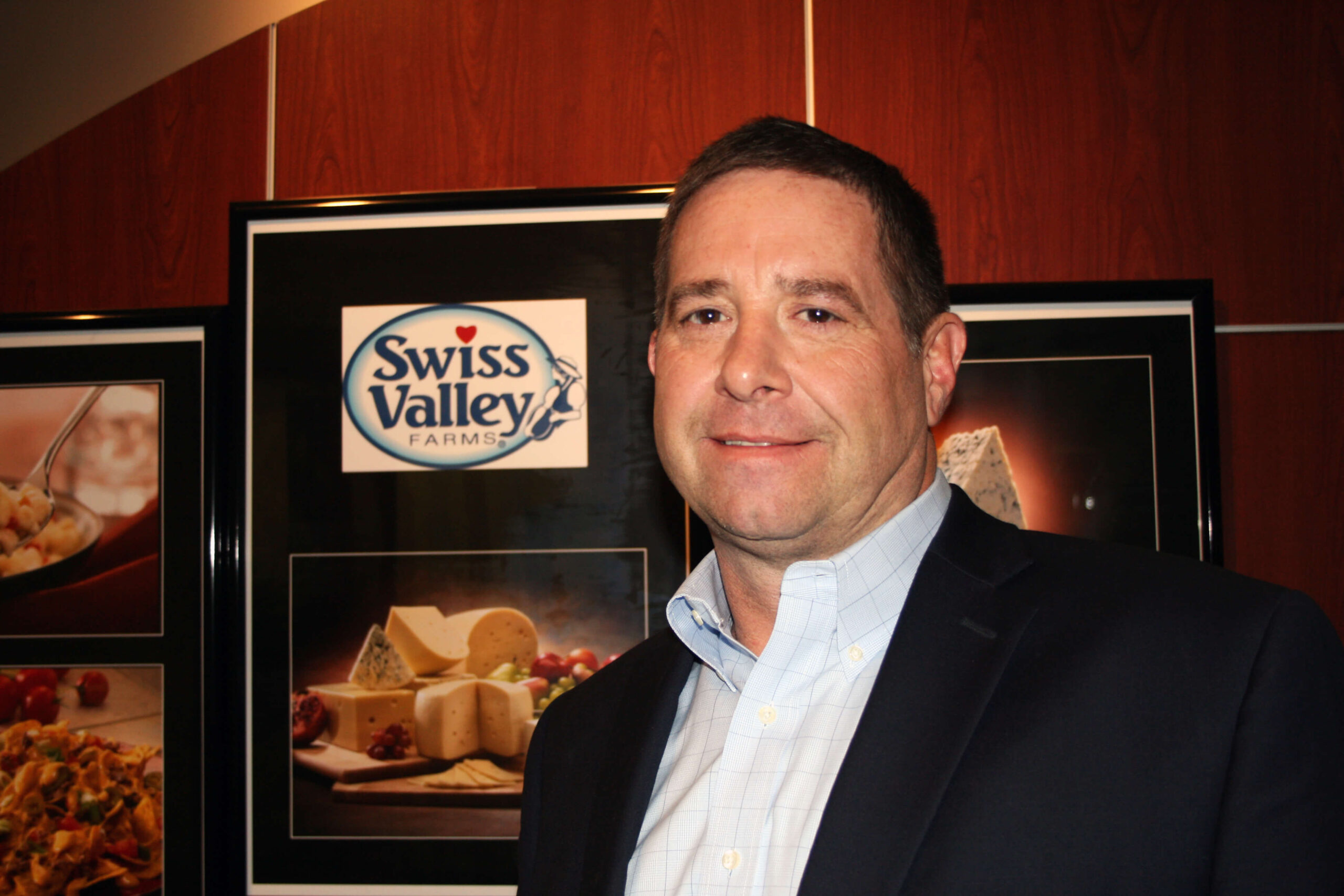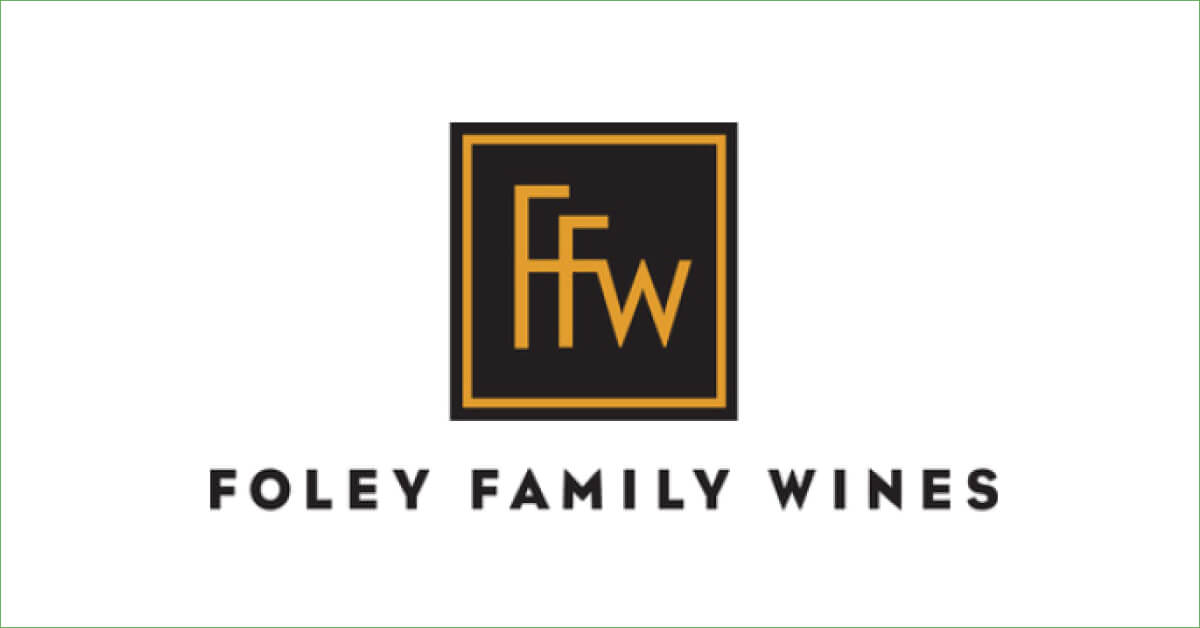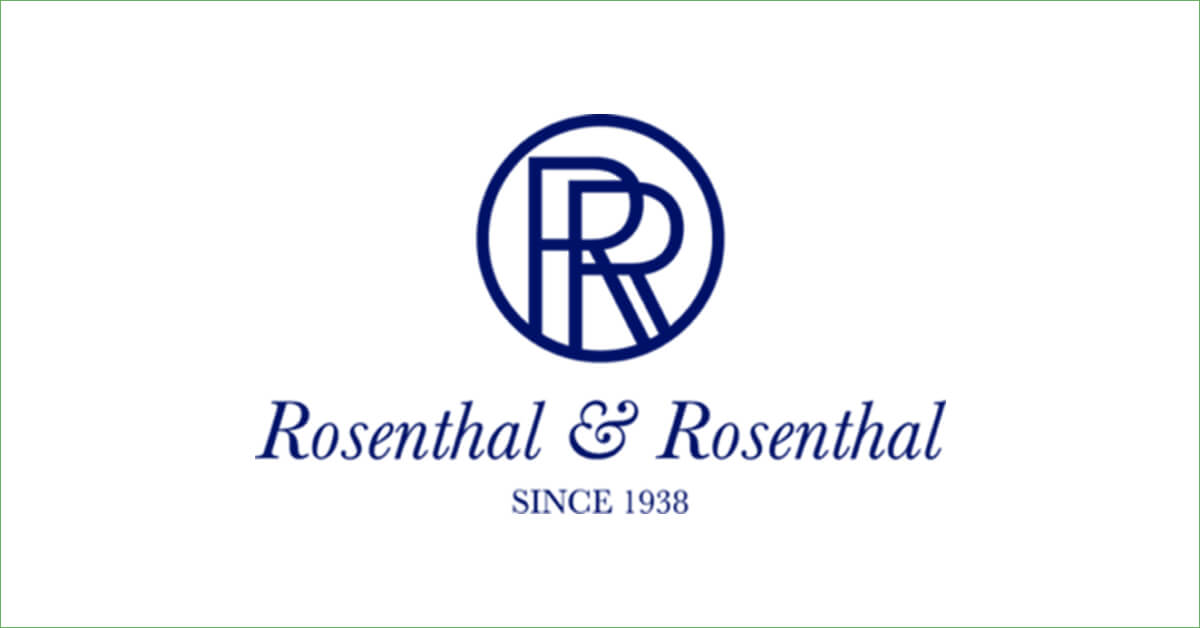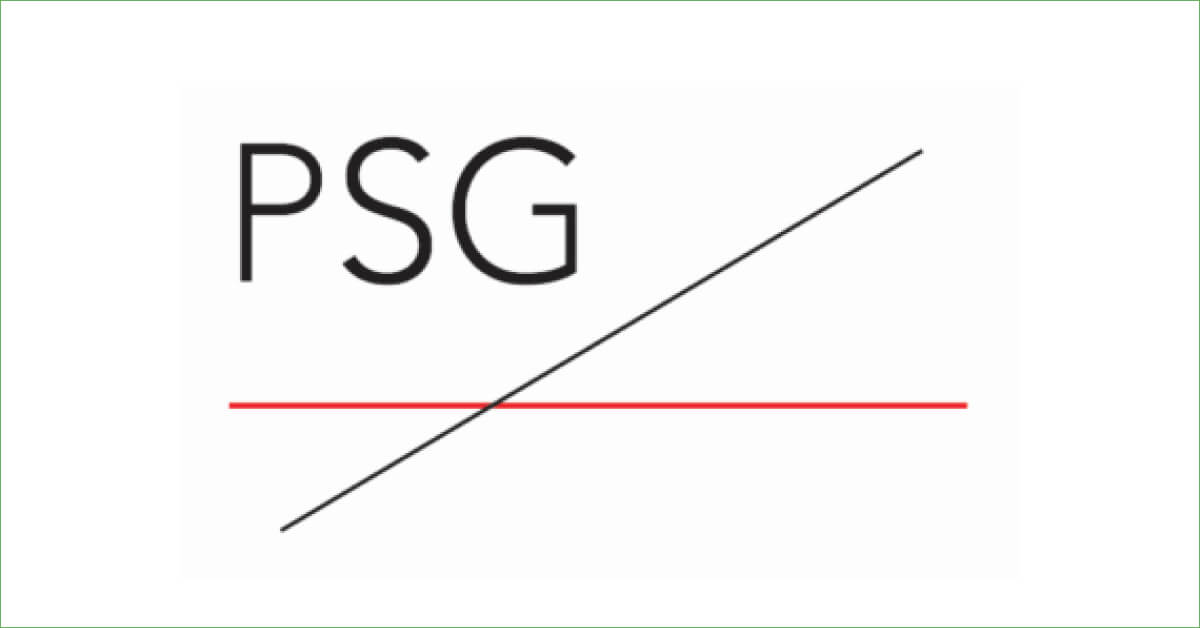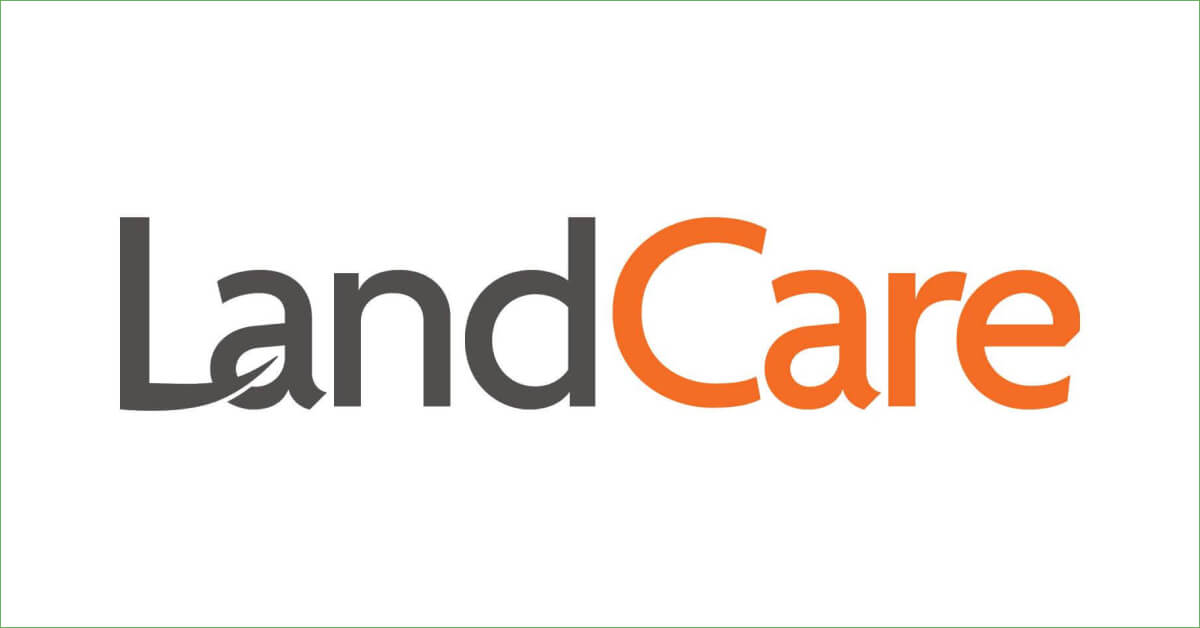API is pleased to be able to provide this executive profile about Brad Junker, CFO of Swiss Valley Farms Cooperative (“SVF”). Brad has utilized API’s Centreviews Business Intelligence Suite in his last two positions at Lee Enterprises and now at SVF. He has demonstrated his forward thinking through implementation of technology to enhance the top line revenue and profitability of the companies he has been affiliated with.
Brad Junker began his career with Oscar Mayer, serving multiple roles within that company and Kraft Foods during the years following college graduation from the University of Iowa. Junker left the food industry to work in publishing for eight years as Corporate Controller at Lee Enterprises. It was there that he first implemented the Centreviews Business Intelligence Suite. After his success at Lee Enterprises, Junker returned to the food industry in his new role of Chief Financial Officer at SVF.
As the 23rd-largest dairy cooperative in the U.S., Swiss Valley Farms is responsible for sourcing milk from more than 620 dairy producers and distributing that milk to their cheese manufacturing facilities as well as other dairy companies across the country. His new role as CFO gives Junker the opportunity to take on a broad range of responsibilities. To assist in managing these responsibilities, once again he turned to Centreviews to help him improve efficiency at SVF. We wanted to talk to Brad about his transition from a controller to CFO, and how he has been making changes to ensure the success of SVF.
How did you transition back to food after working in publishing for eight years?
Brad Junker: After I was at Lee Enterprises for eight years, this position that I’m in now came open. I looked into it and it looked like a really good opportunity. One thing that appealed to me about this position specifically is that it was a CFO position, even though I would be working at a much smaller company than I came from. A CFO position brings a level of responsibility and the opportunity to be involved in truly running a company and developing their strategy. I saw it as a great opportunity.
What do you feel has been the biggest adjustment in going from a corporate controller to a CFO?
I think the biggest change is just the level of responsibility and being involved in more of the strategy of the company. My last job involved a lot of reporting and filing with the SEC, and I still had responsibility for all the back-office operations, too. But as far as deciding where the company is going and whether or not we should sell something or acquire something, I wasn’t directly involved in that type of decision-making. Now I am.
How do you forecast opportunities while still balancing the risk of what’s going on in the market?
We look at staying really in touch with what’s going on in the industry, and what has made it more difficult is now that industry is global. So things that happen in New Zealand, for example, affect us in the U.S. As a company ourselves, we’re growing, our export business is growing, so we’re expanding to different countries that we do business with. It’s made it more complicated because 20 years ago you just had to worry about the U.S.
The other big thing that’s changed our industry a lot is that the consumption of milk has gone down significantly, especially for kids and teens, and we’re competing with the numerous sports drinks and dairy-free substitutes. When I was growing up, we always had milk with every meal and we went through a lot of milk. We look at the average family now, they might have milk on hand but a gallon might last all week. The amount of milk consumed has gone down significantly, but the offset is that cheese consumption has been steadily increasing.
How do you track industry trends? Do you research online or use their industry papers? How do you track that?
All of the above. There are a lot of industry groups that provide that type of information. There are actually defined markets where you can see what was paid and if there’s a future market, you can see what it looks like going forward. There are probably 5-10 different industry groups and organizations that we belong to that provide that kind of information and at least five publications from those different groups that we receive. We also purchase market data directly from research companies, and we have different contacts across the U.S. that we network with regularly.
Describe your typical day.
We always have a handful of major projects going on. Every day there is something related to a particular project that we deal with. I am also responsible for all the back-office operations. I have managers over those areas that are very strong. So I only get involved when there are some issues or questions. So that pretty much runs on its own. With the rest of the executive team that’s located here, there are always a couple of hours a day we’re talking, hopefully most of the time it’s talking strategy, next steps, that type of thing. But we also have to deal with issues. And one of the things that we deal with almost daily is what we do with our milk. We generally have more milk than we need for our own cheese manufacturing, so the challenge is seeking to find another valuable market for it.
Tell us a little about the corporate culture at Swiss Valley Farms.
I would say it’s not like a large corporation. For lack of a better term, it’s more of a family atmosphere. We have about 35 people and many of them have been here 10 years or more. We have people that have been here over 30 years. Those people are great to talk to because they can talk about the history of the company. So it is really a mix of things there. We have a Board of Directors that we work with that is made up of our members who are dairy farmers.
Swiss Valley Farms’ executive team is really quite a diverse group. I would say myself and one other team member probably have been in the agricultural environment the least amount of time. Most of our group has ties to the area – either born here or have lived here for long time. That kind of lends itself to the small company family atmosphere.
What opportunities do you see ahead for Swiss Valley Farms?
I think the biggest opportunity for us is in the area of export because it’s taken other countries a while to really get an appetite for dairy products. As other countries’ tastes change, there becomes a demand for products like cheese. We’re also always looking at opportunities in the U.S. There are grocery stores that are in the Midwest that our product isn’t in. One of the things that we always battle with is we don’t currently have a suite of different types of cheese. Some of the bigger chains feel the fewer buyers they have to deal with, the better. This means we have to use a broker that can present our products with products from other companies so we’re going through that process too and figuring that out.
Of course, then you get into marketing and advertising. That’s not our forte; that’s not what we do. We make a really high-quality cheese. We’re looking at whether that is truly an opportunity for us or are we best positioned where we are today?
When you first arrived at Swiss Valley Farms, you immediately began making changes. What was your approach?
One of the biggest opportunities I saw when I first came into Swiss Valley Farms is that, not unlike a lot of small companies, they were doing a lot of processes that were manual. The end result worked, but it wasn’t the most efficient way to do things. One of the things that I always look at, no matter what job I am in, I always make it a priority to get an overview of what they are doing and how they are doing it. Then I look at what we can do to improve this process to make it better. No matter what you do, you’re always going to have people who are totally against change. Hopefully, they eventually come around. You’re still going to have people that say, “I don’t know why we made the change and I don’t get it.” There is nothing you can about that. As long as they’re still doing the job, there are no issues.
What do you think is the biggest accomplishment that you’ve had so far?
I think the biggest thing we did as a group that I was a big part of was putting together a strategy for the company. So where do we want to go? Where do we want to be? And part of that was the decision to expand our Luana, IA cheese manufacturing facility. It’s actually the biggest project that we’ve ever done. I think when it’s completed, we’re going to be in a much better position to meet changing demand domestically and internationally.
What are you looking forward to in 2015?
The biggest thing I’m looking forward to is actually the same thing, the Luana Project. Actually breaking ground and getting it going will be exciting.
What’s an important lesson that you’ve learned that you’d like to share with other CFOs?
One of the biggest things that I’ve learned is that no matter what position you’re in, you can’t be a one-person show. You need to be able to effectively work with others in your organization. Whether it’s co-workers, other executives, or all the way down the ladder. Your way is not always right. And your way is not always the best way. So you have to be able to work with others and be accommodating. There is no way you can do everything. And most things that you have to tackle or find solutions for are a team effort.
Check back soon for a new case study on how Centreviews assisted Swiss Valley Farms improve their productivity and operational efficiency, and moved from a manual paper-based process to an automated controlled solution.
